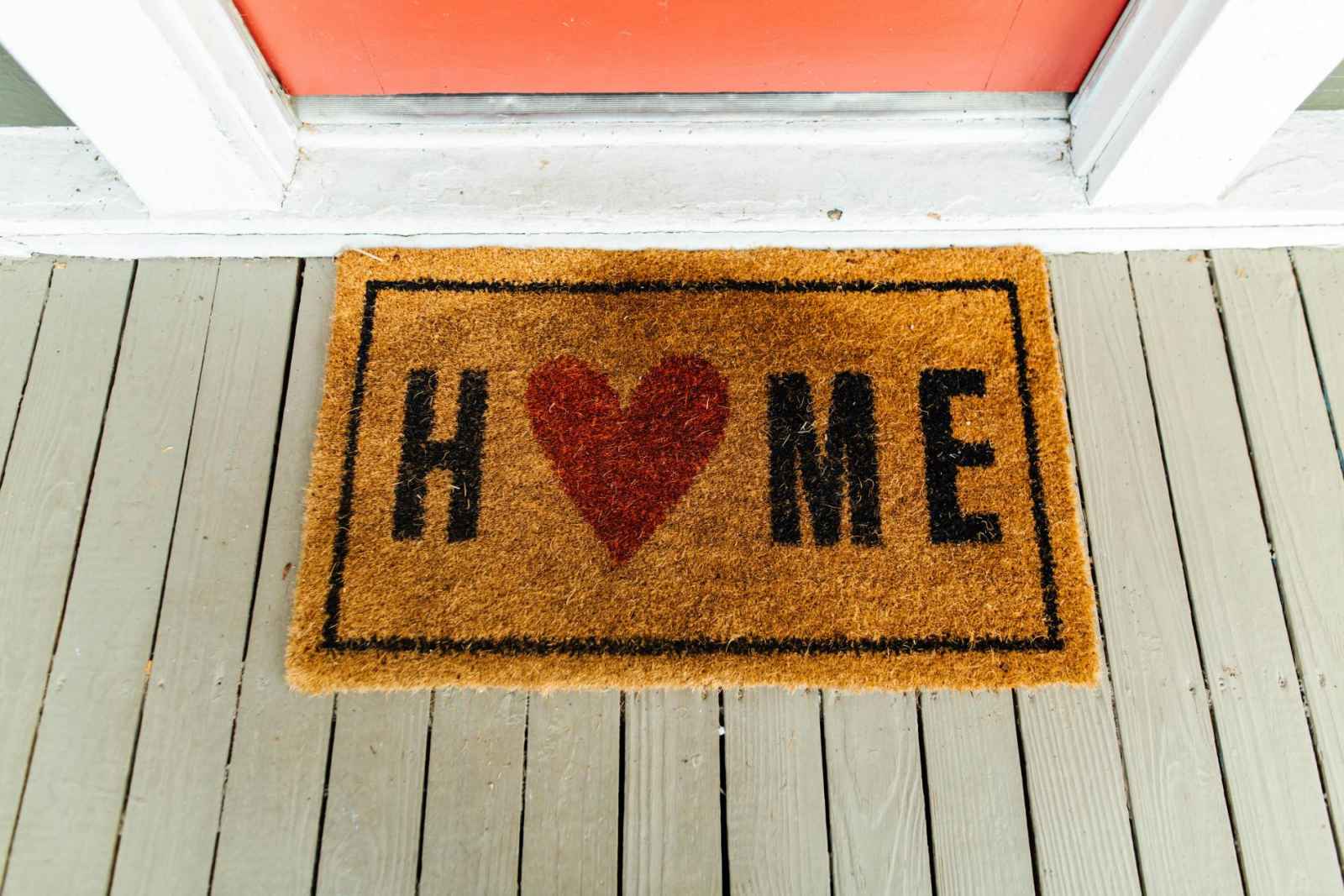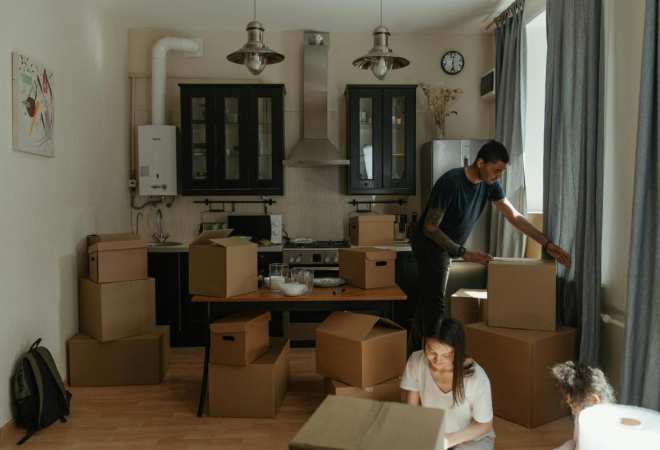Buying a home after getting married was once a traditional rite of passage. Times have changed, and not everyone follows the same path. The tumultuous housing market adds another wrinkle — should you wait, and if so, for how long?
The right answer depends on your unique situation, but understanding market factors helps you make an informed decision. Let the combination of external forces and your wants, needs and desires guide you on the best time to act.
The Current State of the U.S. Housing Market
The younger generations have good reason to feel disgruntled. The days when a family of four could survive on the income of one working parent without a degree are long gone. Things haven’t gotten better with time regarding home purchases. Many members of Gen Z resent working 40 or more hours per week and still finding homeownership out of reach.
The youngest would-be buyers aren’t alone. About 63% of Americans reported being unable to afford to buy a home in 2024, including 62% of those aged 27 to 42. It takes an average income of at least $107,000 to have a chance, plus a stellar credit score and a sizable down payment. Even then, prospective buyers must compete against institutional investors that make cash offers sellers find irresistible. The average couple cannot compete.
However, many folks wait to get married until they achieve financial stability, and you and your spouse-to-be may be among the lucky few with a shot. If so, should you act or wait after getting hitched? Here are the arguments for and against to help you make an informed choice.

Arguments to Act Now if You Can
Your ability to buy must mesh with your plans for it to make sense to act now. However, it could be the right decision. Weigh these factors.
1. You Can Always Refinance
Even those with means may shy away from today’s interest rates, which may go well above 6% in 2024. Your hesitation makes sense when you use a mortgage calculator to do the math — borrowing $200,000 at 7% over a thirty-year term results in a monthly payment of $1,330.60. That doesn’t seem too bad until you compare it to the 2%-3% pre-pandemic rates, which would lower your monthly bill to $843.21.
Buying now means paying thousands of dollars more over the life of your loan, but there’s a catch. There are no guarantees that rates will ever drop to where they were before the pandemic. If they do, you can take advantage of refinancing at that time to lower your monthly payment. In the meantime, you’ll have an appreciable asset instead of throwing money away on rent.
2. You Begin Building Capital
An appreciable asset is a fancy way of saying buying a home helps you build capital. Each payment gets you closer to bidding farewell to your mortgage for good. Once you own your home, it’s yours as long as you keep up with taxes and your HOA’s rules, if applicable.
Furthermore, you can borrow against the value of your house for various purposes. You can take out a home equity loan or line or credit to make renovations, send your kids to college or pay for medical expenses.
3. Things May Improve — but When?
Without getting into politics, the world is a bit unstable at the moment. Even events that seem to have little to do with purchasing a home can create ripple effects that shake economies. The Congressional Budget Office expects economic growth to slow throughout 2024, which will drop interest rates. However, it could also mean changes at work.
It’s impossible to predict if or when things will improve and if your future economic situation will favor buying as much as your present one.
4. Rent Always Increases
While life has few guarantees, one thing you can count on is your rent will likely go up — if not this year, then perhaps the next. One unfortunate aspect of renting is that these increases tend to hit at the least opportune time — like when a pandemic breaks out, you lose your job or you have a major health crisis. A mortgage provides a far more predictable monthly payment.

Arguments to Wait It Out
Even though there are many arguments to buy a home soon after marriage if you can, the following factors might mean it’s better to wait.
1. You’d Have to Compromise Too Much
Buying a home often requires compromising some wants. However, if all you can afford right now is way too small for your needs, in an inconvenient location or doesn’t suit your lifestyle, you might wait until something better comes along.
2. You Lack the Basics
One piece of advice your real estate agent should give you is to avoid putting anything on credit. You might technically be able to buy, but if your budget is so tight that buying a plunger or cleaning linens will break it, it’s better to wait.
3. You Expect Your Finances to Improve Significantly
Some economists predict that the boomer-millennial wealth gap will close as that generation passes their wealth to their children. If you expect your financial picture to change dramatically, it may be worth it to wait until you can afford the home you truly want.
What’s Right for You?
For years, those who followed the traditional life path bought a home soon after marriage. You and your spouse may decide this route is right for you. However, other factors may influence your timing.
Consider several factors when deciding how long to wait after marriage before buying a house. A careful, mindful approach can help you establish the marital home of your dreams.

Author Bio: Oscar Collins is the editor-in-chief at Modded, where he writes about a broad spectrum of topics. Follow him on Twitter @TModded for frequent updates on his work.
are you a bride or groom-to-be?
We'd love to plan with you on weddingday-online.com. Let's get started!
are you a wedding extraordinaire?
Join WeddingDay Magazine in inspiring brides by partnering with us! See how here.








Join the conversation
Log in or register to post comments